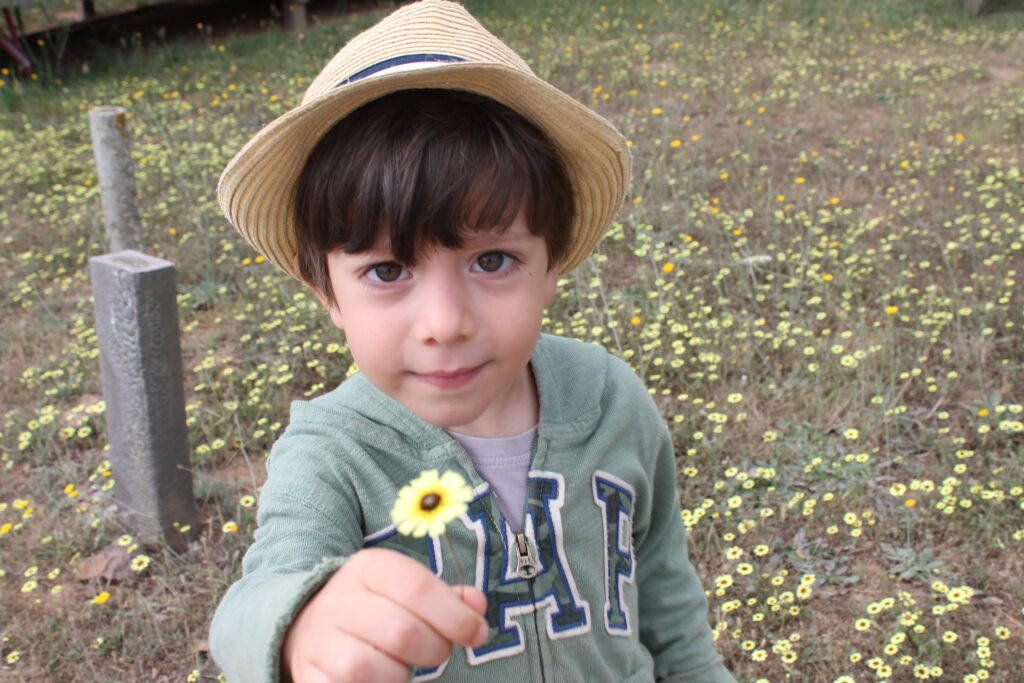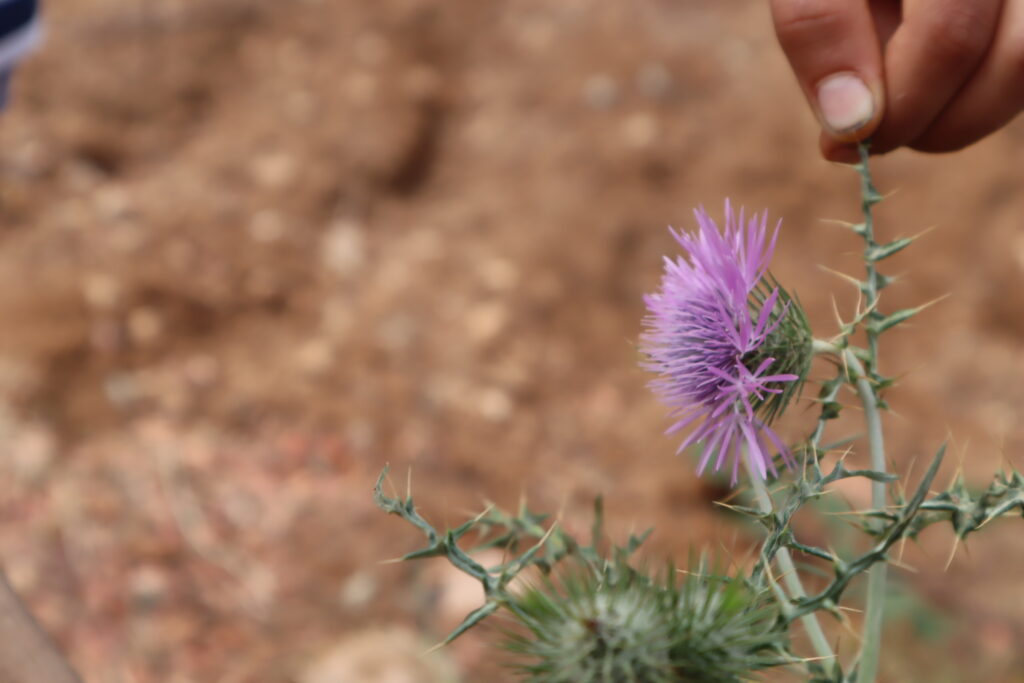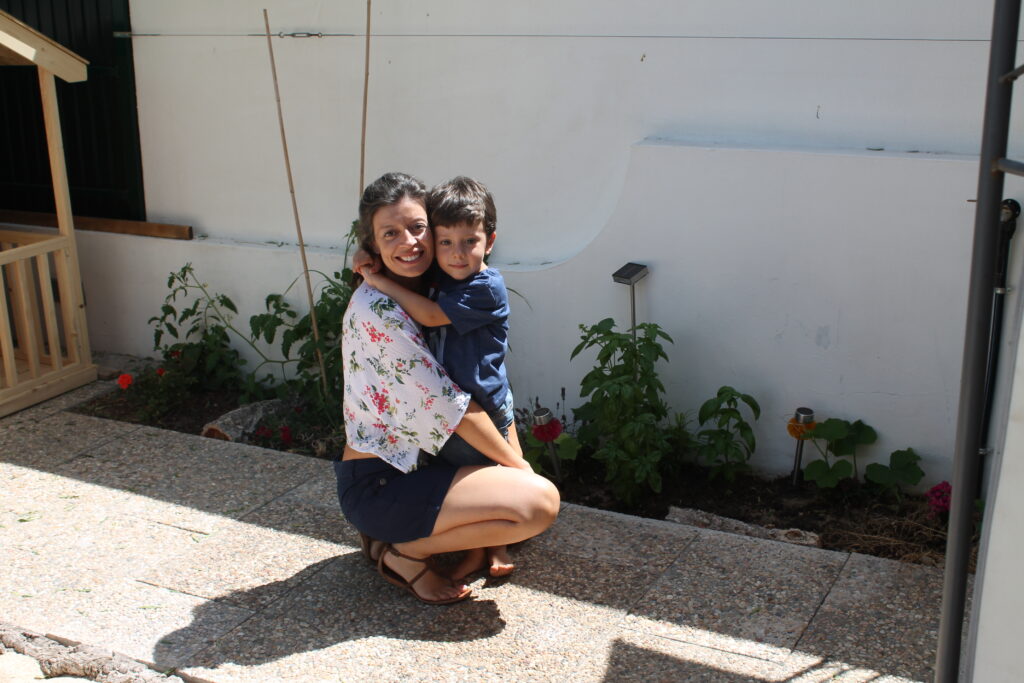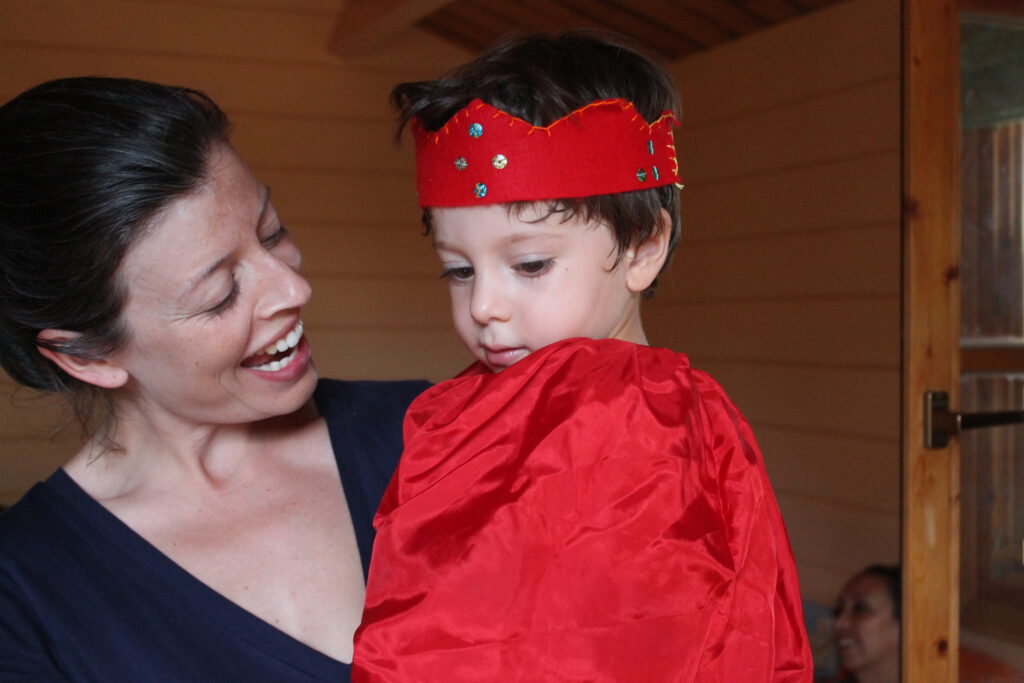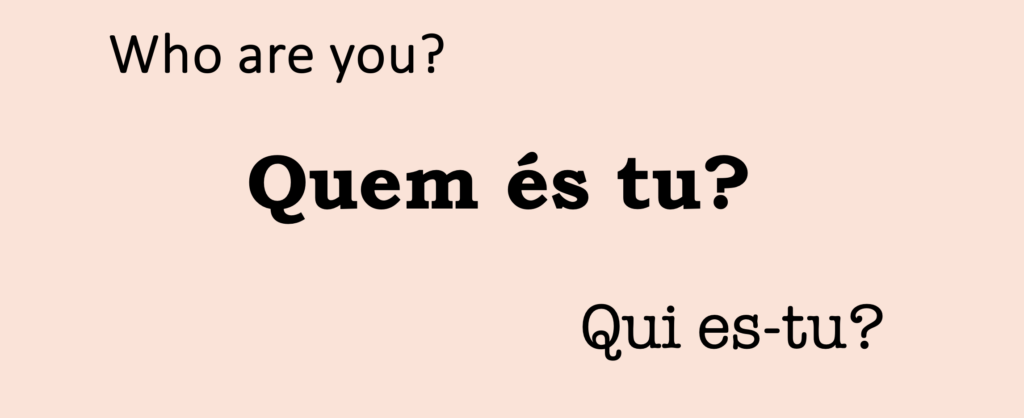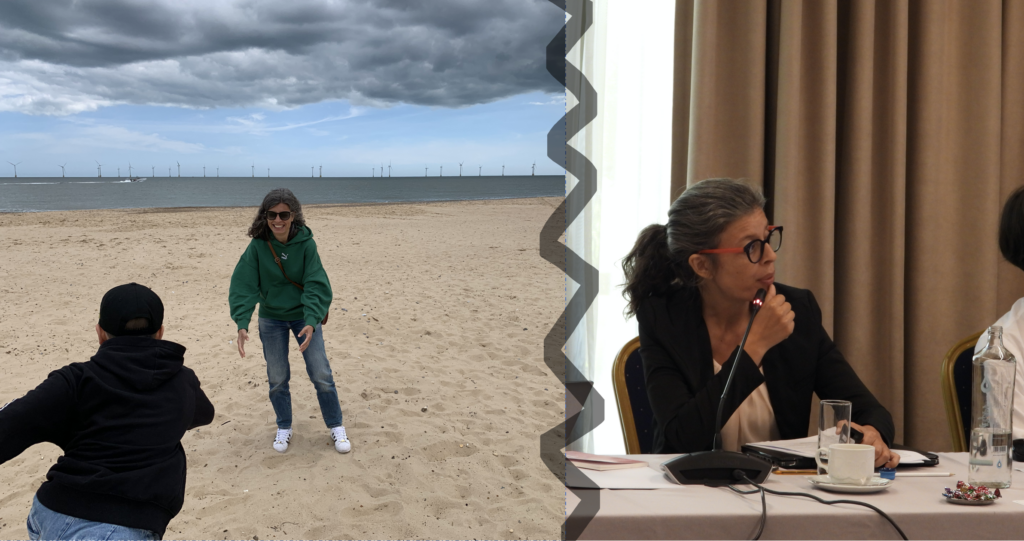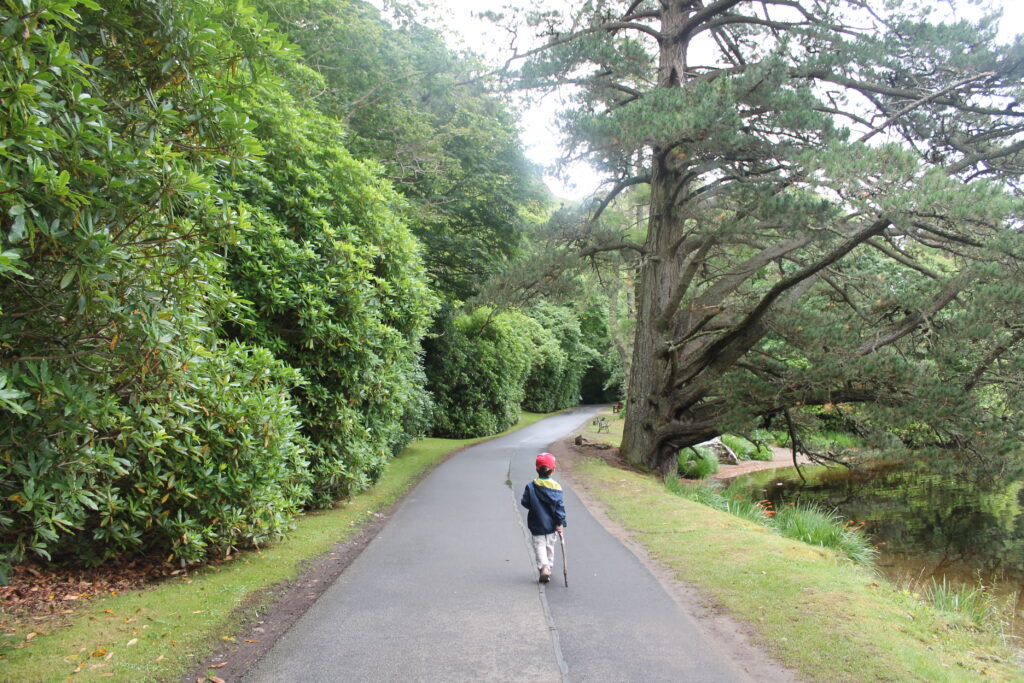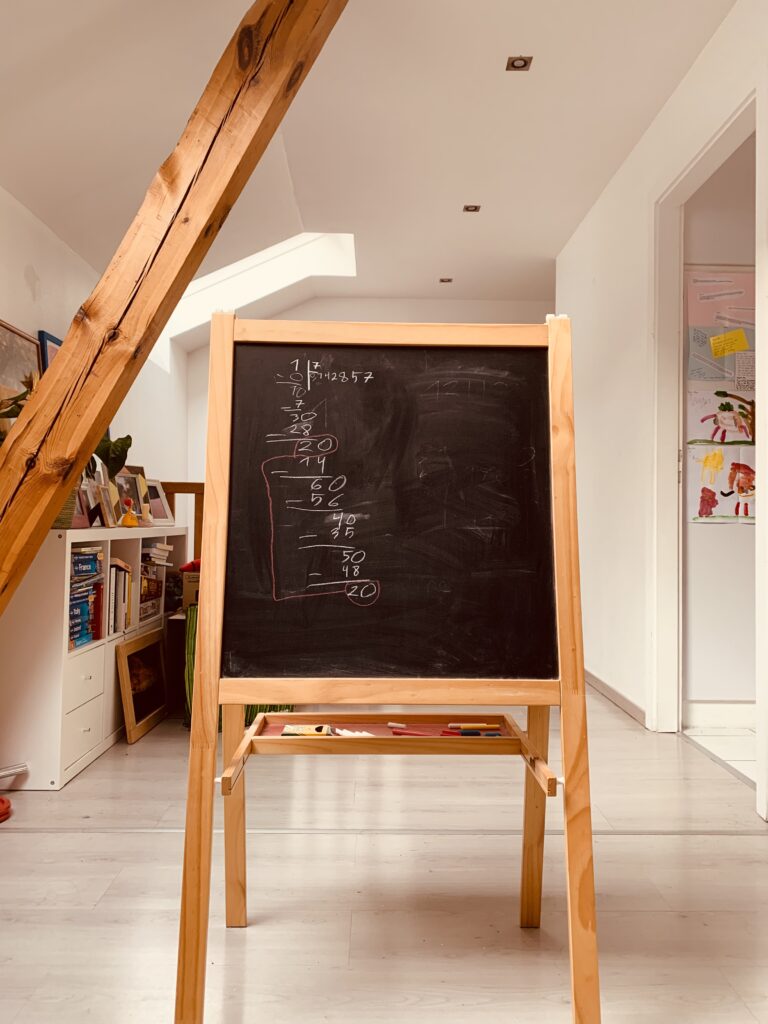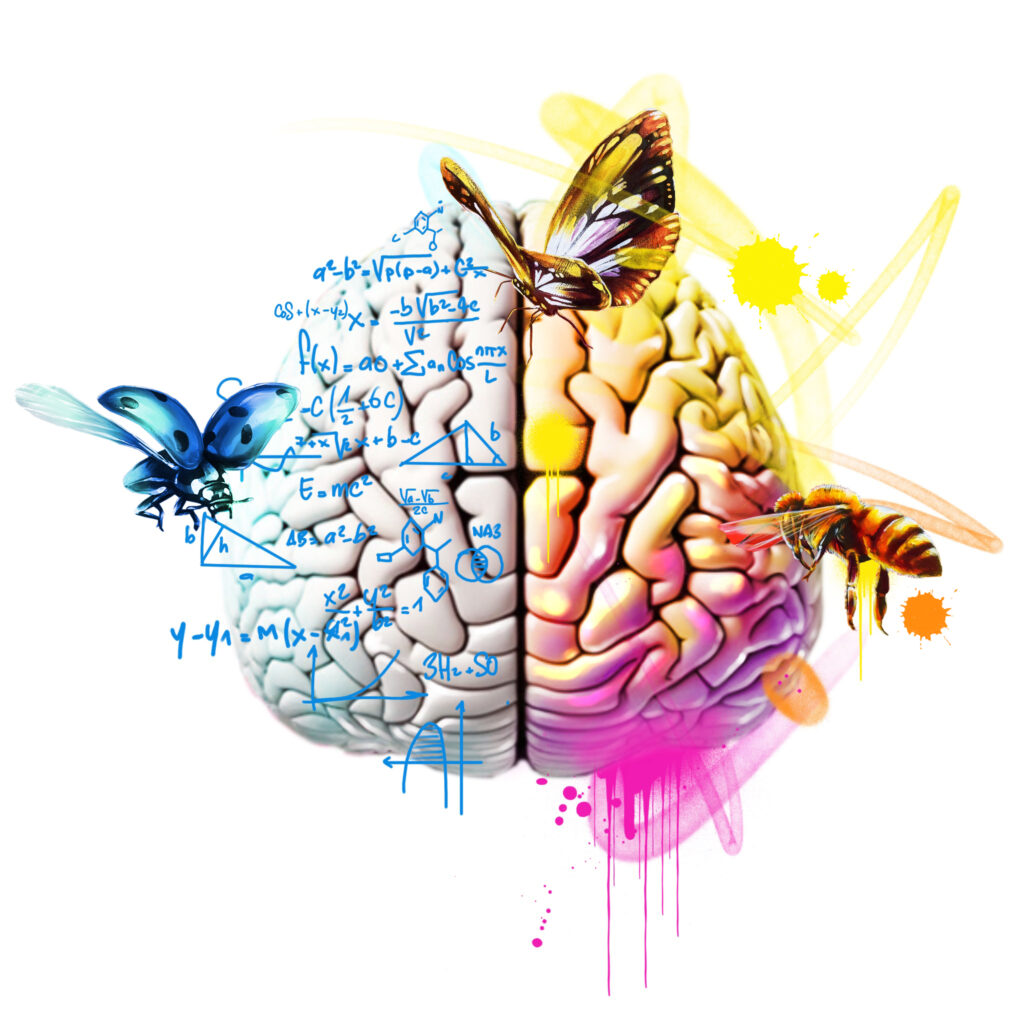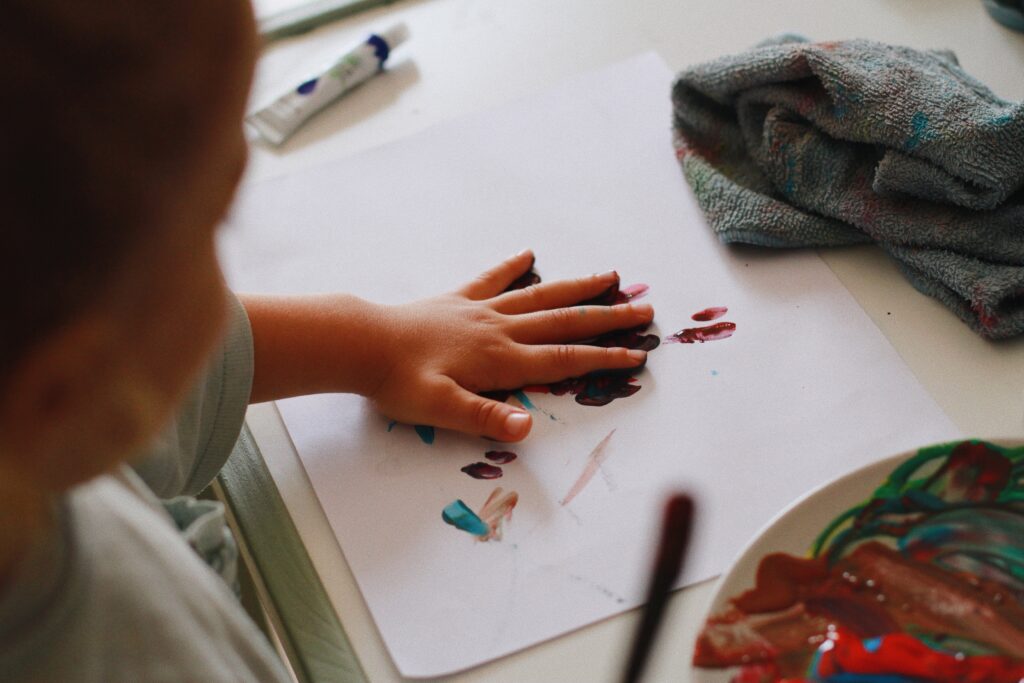– What do you want to be when you grow up?
– I want to be the adult I wish I had with me when I was a child.
Pedro Chegas Freitas
In A Banalidade das Coisas Raras
If there is a secret to parenting or to any profession that requires us to work directly with children, it must lie somewhere between being a mixture of the adult we would have liked to have had by our side when we were children and the adult that the child in front of us needs, just as they are. And secondly, creating the conditions so that the child can one day become what we most want: happy, autonomous or respectful – or other values that are fundamental to each of us.
If we can start here, we’ll have already come a long way. Thinking about the adult we would have liked to have had when we were children forces us to think about our needs, what we received, what we didn’t receive and what we would have liked to have received. If we needed a lap or a hug when we had a nightmare, maybe that’s what our child needs today. If we needed someone to ask us ‘do you want to talk or how can I help you’ when we were feeling sad, maybe that quiet pupil, who never talks to any other child, who sits in a corner in the playground, also needs an adult to reach out to him or her.
Certainly when you were growing up, you wanted more than anything for your parents to understand you, for your teachers to see you and for your friends to like you for who you were. Our children, pupils, children in alternative care and all the others we come into contact with also want us to understand them, see them and touch them.
As parents, but also as educators, we have desires and expectations for our children. If we want them to respect others, they have to grow in self-respect. If we want them to be autonomous, we have to create the conditions for them to explore and learn on their own. If we want them to be happy, we have to be an adult facilitator of good examples – we have to show them how to look after themselves, how to resolve a conflict, how to respect our needs, how to listen so that one day they know how to listen; or how it feels to be listened to, so that one day they know how to expect the other person to listen to them too.
There can be nothing more complex and beautiful than bringing up and watching a child grow up, watching them become a teenager and watching them flourish as a person throughout their life.
Let’s be that adult who questions him/herself and tries to understand others. Let’s be that adult who gives what comes naturally, but also what requires effort, simply because it’s what the child needs. Let’s be the adult who sees, guides and supports assertively, but without judgement.
In accordance with Article 29 of the Convention on the Rights of the Child, let’s make sure that:
‘Education (is designed) to promote the development of the child’s personality, talents and mental and physical abilities to their fullest potential.”
